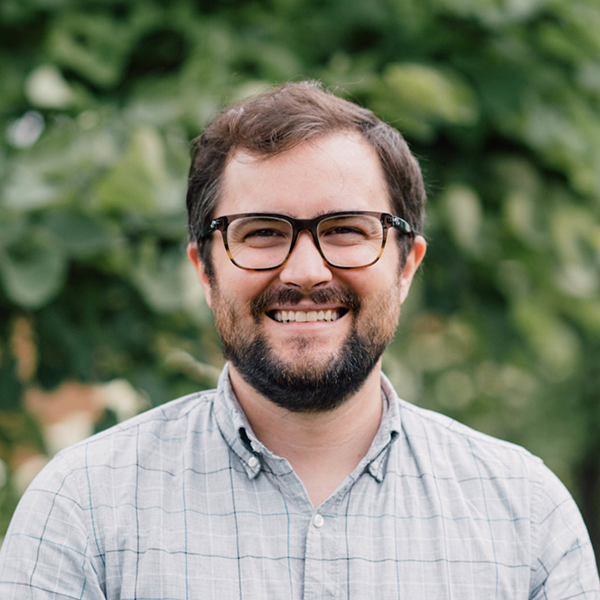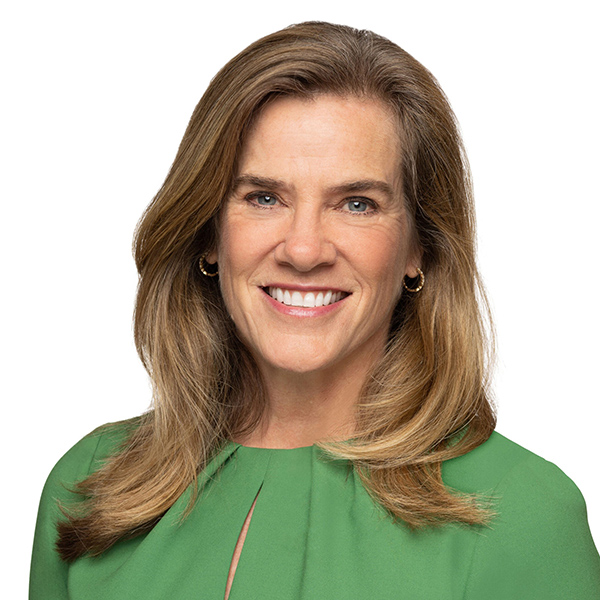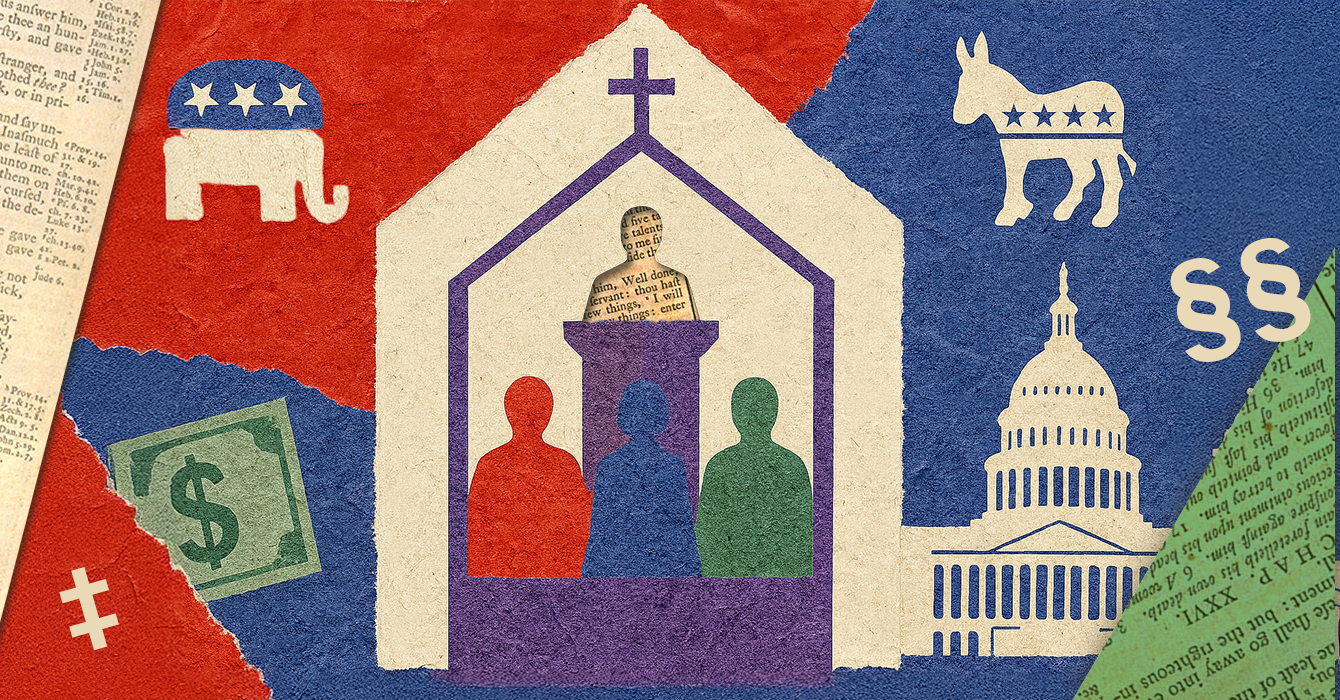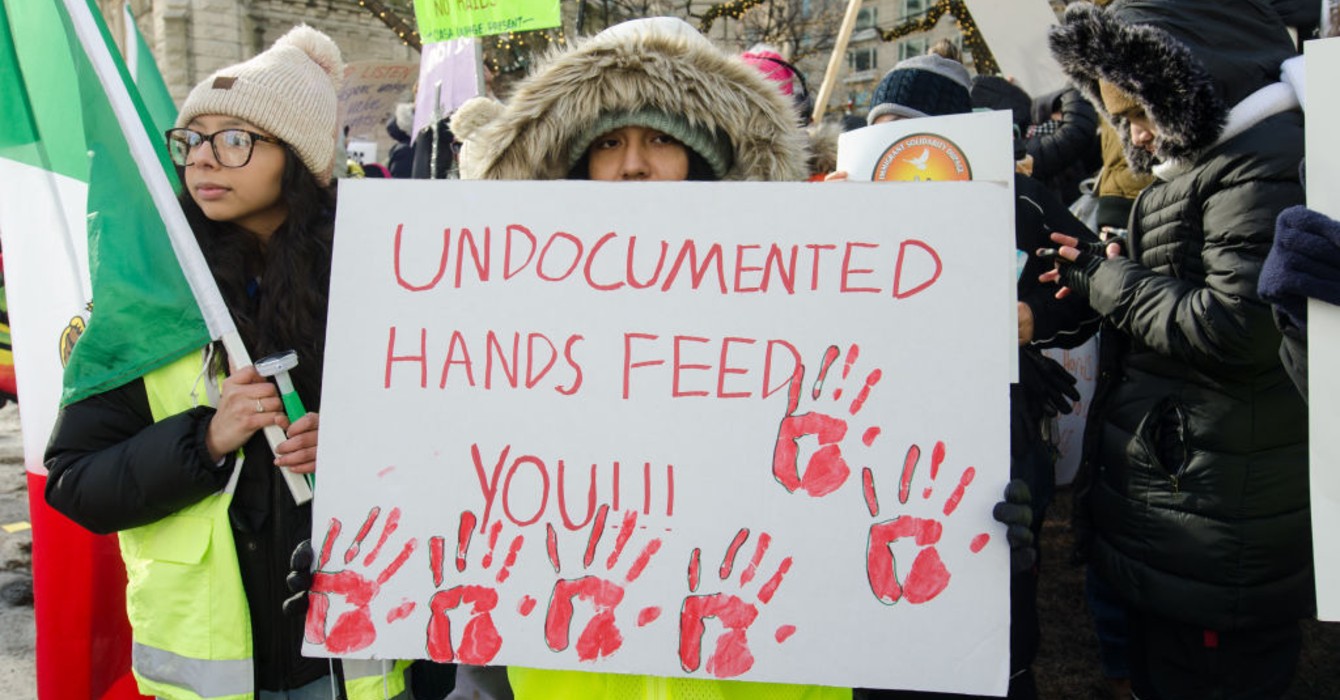Like. Subscribe. Repost. Read. Argue. Scroll. Comment. Repost. Argue. Like.
This was my liturgy in the run-up to the 2016 election. Fixatedly reading and following the news, hoping to stay fully informed about policy positions, and sending friends and family a deluge of articles to read and debate.
All my attention and bandwidth for politics was subsumed within the whirlwind of news, analysis and social media-focused debate. And while being informed isn’t a bad thing, I think Christ calls us to be more than informed.
For many, consuming the news and arguing online is the core of their participation in American political life. This approach to political engagement is what political scientist Eitan Hersh has identified as “political hobbyism.” It’s a form of political activity, but it fails to engage in the actual work of politics.
Political hobbyism is not neutral. The problem is that it enables an overconcentration on national electoral politics and mistakes the consumption of news for the work of politics itself. Our consumption of politics can end up consuming us, creating an agitated emotional investment disconnected from rhythms of effective and just political participation.
And even for people who actively participate in national elections, framing political participation only around two-to-four-year cycles can enable some of the same negative dynamics of political hobbyism.
After Trump’s first presidential victory, I began to see how my frenetic investment in the drama of national politics had little — perhaps even a negative — impact on fulfilling Christ’s call to love my neighbor. I went through what I understand as a second conversion, what liberation theologian Gustavo Gutiérrez has called a “conversion to the neighbor.” This conversion involves committing “lucidly, realistically, and concretely” to pursuing liberation, not just to scrolling.
The clear-eyed and concrete alternative to the national cycle I poured myself into was local politics. I started by attending a few meetings of a community group that oversees public gardens in my neighborhood. From there, my participation grew. Over the last decade, I’ve run communications for a Chicago aldermanic campaign, served on ward-based participatory budgeting committees and helped launch an independent political organization.
Much of the work of local politics is mundane: meetings, door-to-door canvassing, Excel spreadsheets and more meetings. It is work that is about forming relationships and building power. Building power for the sake of our neighbors is rarely a grand adventure, but it is a necessity. In this work, I’ve forged deep friendships, worked for causes I care about, and found a form of faith I can’t imagine my life without.
But what does this look like for others? If we are going to extend the scope and direction of our political participation beyond political hobbyism, how do we identify where to start?
When I talk to neighbors, I often begin by asking them to think about the public goods that make their community possible. They typically identify parks, libraries, schools, sports fields and transportation infrastructure.
But what’s beautiful about these conversations is that they almost always spill over into more deeply held values and hopes for the neighborhood. People want clean air, affordable housing, good health care, safety from deportation, accessible food — the conditions that help us survive and flourish.
At the same time, over the last 10 years, I’ve heard more and more that my neighbors feel that our communities are under threat. Indeed, the growing privatization of everything in American life is inimical to the possibility of community itself.
But I think any of us can push back against this growing loss by identifying public goods we use and love and actively supporting and investing in them. Does your kids’ school have a parent-led governing body? Support it. Is there a mutual aid group at your church? Join it. Showing up matters.
Certainly, national and international politics are important. But local engagement is about the spaces most immediate to our lives. As abolitionist and author Mariame Kaba argues, it is about taking action for the good where we are.
It’s not enough just to secure the basics, however. Every community deserves more than public goods; all deserve “public luxury.” This means working for more than just the material benefit of our communities and neighborhoods. Part of the “conversion to the neighbor” means ensuring that our neighbors have more full, joyful and connected lives — dedicating ourselves so the goods necessary for life are available to everyone. Investment in the material and social good of our neighborhoods is a necessary part of the social and moral good of the gospel.
The work of local politics and civil involvement has another benefit. Especially over the last decade, there have been stark societal trend lines of increasing isolation, loneliness and fragmentation, and of decreasing trust.
These social ills are not inherent to our politics; they are created by inequity and racialized disinvestment. Such social wounds are addressed by creating a more robust infrastructure of life for all through public goods, but also by uniting with our neighbors in a shared purpose. There is social value in accomplishing just goals, but also in the process of pursuing those goals.
The flattening and cyclical narratives of national politics often construct debilitating borders of relation within our own neighborhoods, and any goal worth pursuing will require building a coalition with others who don’t share our politics. Local politics is mundane but holy work. Working beside our neighbors offers an opportunity to persuade across ideological difference or even reknit social bonds dissolved by our larger political moment.
Sharing in the pursuit of liberatory goals is how individuals and communities can experience holy transformations. Persuading across difference and repairing communal trust are not a top-down affair but best done in the context of working alongside others.
Politics can feel deeply intimate and confusingly abstract, affecting every element of our lives while also functioning outside our control. But as the very idea of public goods is increasingly under attack, it is all the more necessary to resist the easy temptations of political hobbyism.
A faithful approach to Christian discipleship and our communities requires more than abstract investment in ideas of the common good. Concrete public goods act as the infrastructure of our common life, and in that, they are also an infrastructure of grace — the gift that makes community possible. In this moment, faithfully embodying the “conversion to the neighbor” means dedicating ourselves to ensuring that this form of grace is protected and flourishes. That is where we will find our neighbors, and it is also where we will find the heart of Christ.
I’ve forged deep friendships, worked for causes I care about, and found a form of faith I can’t imagine my life without.













